A Louisville Union Built its Strength as Blacks, Whites Took on International Harvester
LEO Weekly
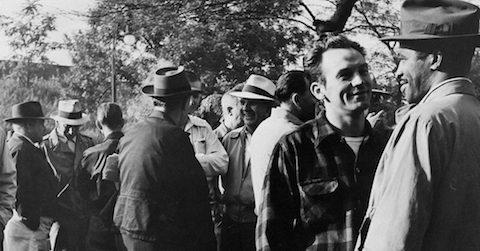
This “constant campaign” carried into the community as well, with Local 236 at the forefront of battles in the late 1940s and early 1950s to desegregate Louisville. But to Jim Wright, perhaps the FE’s biggest impact came at the personal level, as those whites who had come into the Harvester plant as “real racists” became friends with black workers there.


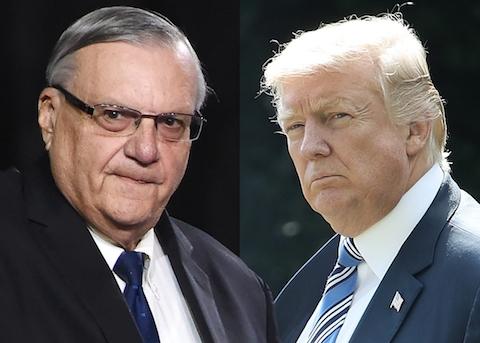
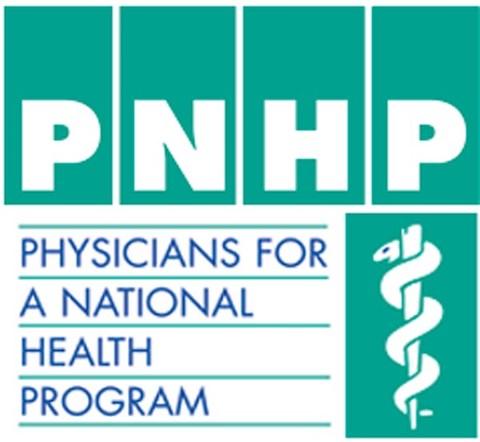
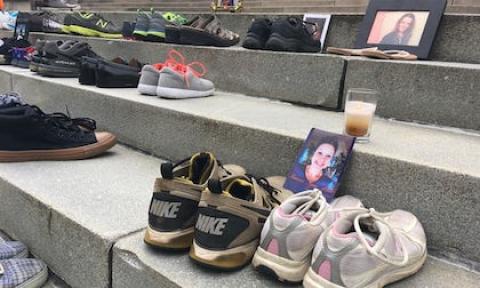



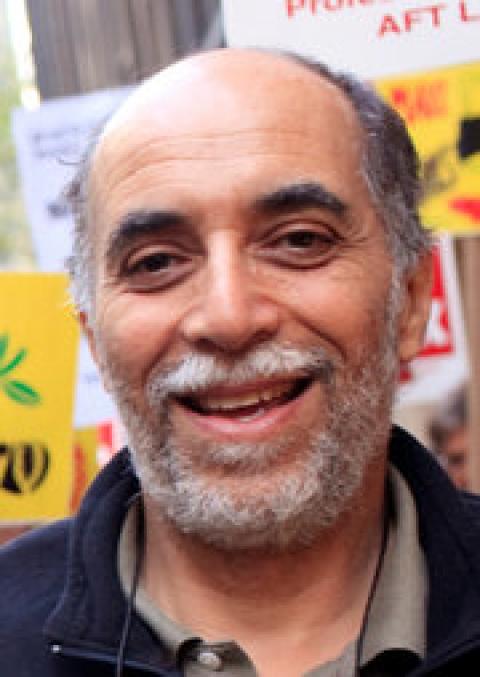
Spread the word